Frequently Asked Questions
This is how we make going solar simple
When you install a solar energy system on your property, you can save money on your electricity bills and protect yourself against rising electricity rates in the future. How much you can save depends on the utility rates and solar policies in your area, but going solar is a smart investment regardless of where you live.
Solar power, like other renewable energy resources, has many environmental and health benefits. Going solar reduces greenhouse gas emissions, which contribute to climate change, and also results in fewer air pollutants like sulfur dioxide and particulate matter, which can cause health problems.
Net metering is the system that utilities use to credit solar energy system owners for the electricity produced by their solar panels. With net metering, you only pay for the electricity that you use beyond what your solar panels can generate. Net metering policies differ from state to state – from Massachusetts to California to Hawaii – so make sure to do your homework ahead of time.
Studies have shown that homes with solar energy systems can sell for more than homes without them. However, your property value may only increase if you own, rather than lease, your solar panel system. In most parts of the country, going solar can actually increase your property value more than a kitchen renovation.
Get A Free Estimate
Solar Tax Benefits
Thanks to the Solar Investment Tax Credit (ITC), you can potentially receive a 30% federal tax credit. The Tax Credit will continue to decrease each year so now’s the best time for solar.
This is money that can apply back into your solar loan program, or pocket the credit for other expenses. The choice is yours.


